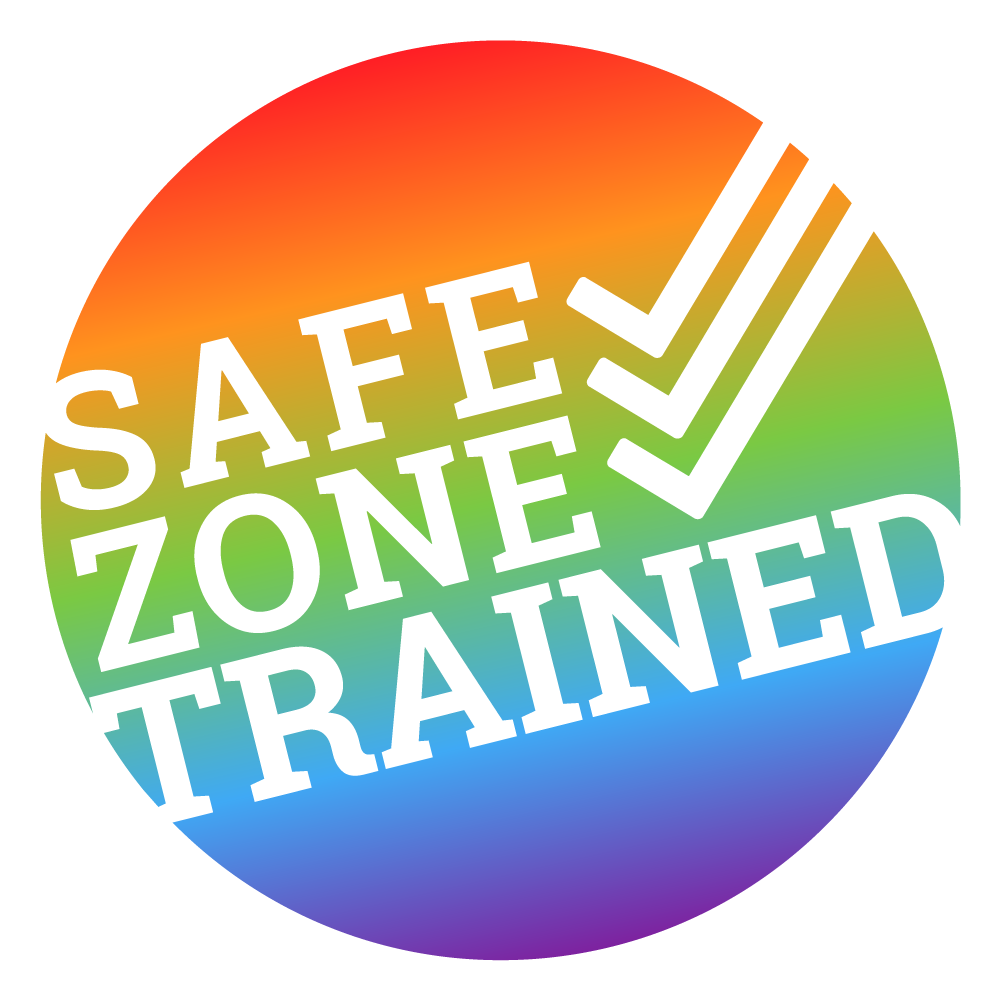LATEST BLOG POST
Search Results



Key Points
According to the National Association of Social Workers, Code of Ethics, Social Workers' Ethical Standards to Clients, Commitment to Clients 1.01, confidentiality is a core social worker ethical standard. Social worker's primary responsibility is to promote well-being of clients, however a social workers' responsibility to a larger society and specific legal obligations supersede loyalty owed to clients such as in cases of threats of harm to oneself or others, including suspicion of abuse, neglect. In addition NASW Ethical Standard 1.07, social workers should respect clients’ right to privacy. However, social workers should not solicit private information from or about clients except for compelling professional reasons. (National Association of Social Workers, 2021, 1.01, 1.07).
Social workers must find balance between maintaining confidentiality and protecting clients from harm. Suicidal ideation, characterized by thoughts of self-harm or suicide without a concrete plan, requires a nonjudgmental approach during the engagement and assessment process where social workers provide a safe space for clients to express their thoughts openly. In some cases of suicidal ideation, harm towards oneself or others, social workers are ethically obligated to use evidence-based interventions, such as safety planning, referrals, and resources. In issues of suicide, duty to warn is an obligation as social workers are mandated reporters. In cases of intent to harm oneself or others, social workers must act immediately to prevent imminent harm by contacting emergency services, involving crisis teams, or notifying trusted support networks, while minimizing the impact of breaching confidentiality. Throughout this process, social workers are ethically obligated to inform clients of their actions, maintaining transparency and ensuring clients feel respected and supported (YourQuickInfo, 2022, September 7).
From a social welfare policy perspective, improving suicide prevention at a mezzo and macro level is important as well as individual care. Policies should prioritize marginalized and disadvantaged communities by expanding funding for school-based mental health programs, implementing universal mental health screenings in primary care settings, and providing targeted advocacy and resources for communities such as mental health education which address issues such as poverty or systemic racism. Additionally, implementing national campaigns to raise awareness and promote overcoming stigmas from seeking help, particularly among marginalized populations would support increasing awareness and social change (National Institute of Mental Health, 2022, June).
American Foundation for Suicide Prevention. (2023). Risk factors, protective factors, and warning signs. https://afsp.org/risk-factors-protective-factors-and-warning-signs/#protective-factors
National Institute of Mental Health. (2022, June). Suicide. https://www.nimh.nih.gov/health/statistics/suicide
National Institute of Mental Health. (2022, August). Suicide prevention. https://www.nimh.nih.gov/health/topics/suicide-prevention
Slesnick, N., Zhang, J., & Walsh, L. (2021). Youth experiencing homelessness with suicidal ideation: Understanding risk associated with peer and family social networks. Community Mental Health Journal, 57(1), 128–135. .
YourQuickInfo. (2022, September 7). What are the limits of confidentiality in social work? https://yourquickinfo.com/what-are-the-limits-of-confidentiality-in-social-work/


